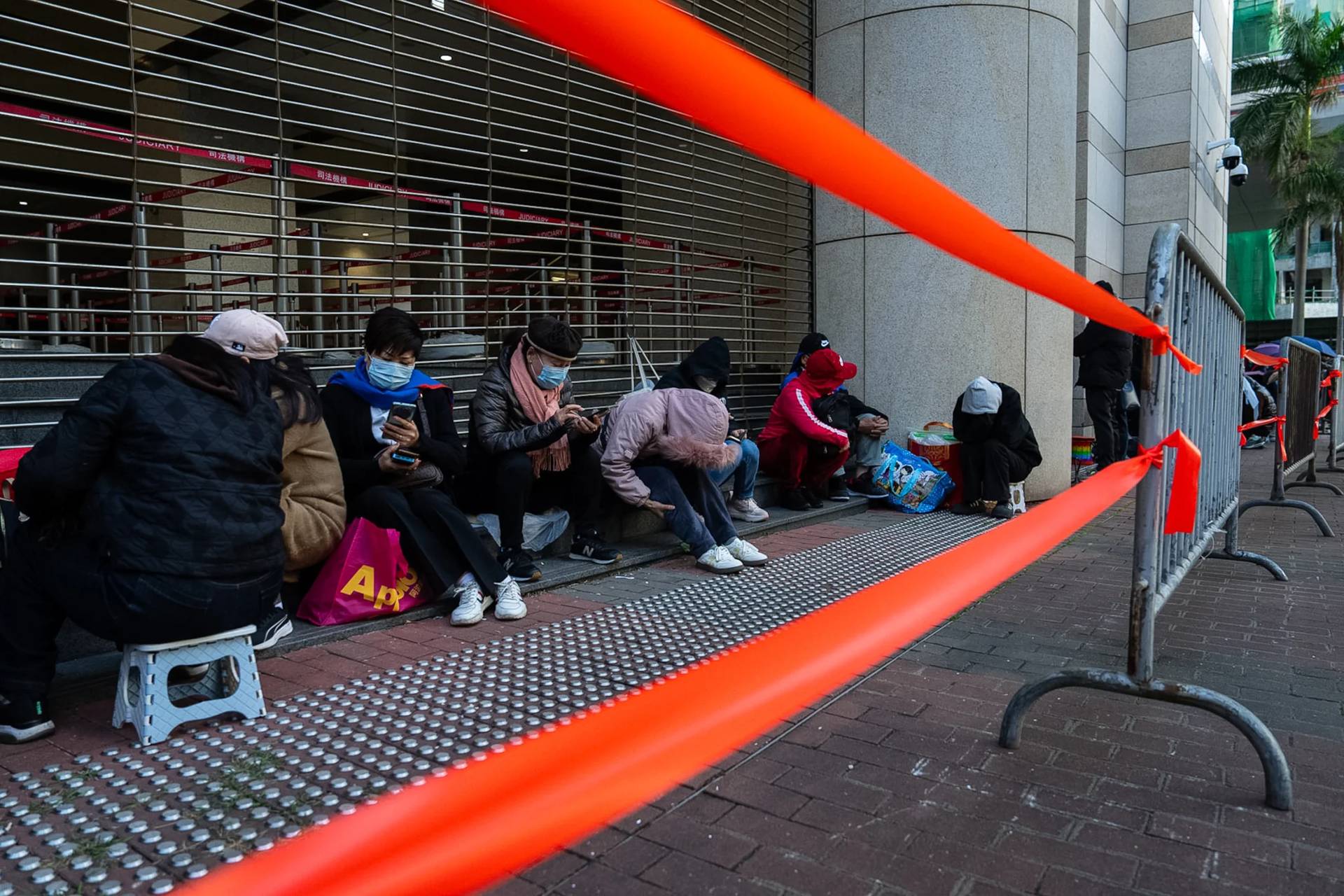ERBIL, IRAQ — Facing the menace of Islamic radicalism in various parts of the world, many Christian leaders follow one of two basic strategies.
Either they stress that most Muslims are horrified by the atrocities committed in their name and insist that Islam at its core is a religion of peace, or they take a harder line and demand that mainstream Muslim leaders confront the cancer in their community.
Cardinal Philippe Barbarin, archbishop of Lyon, France, is widely considered one of the most influential Catholic prelates in Europe. He said the right answer is that Christians need to do both – clearly acknowledging, he says, the internal contradictions within Islam.
“Very few [Christians], even among the bishops, speak about both – the danger of the violence, and the deep sense of God and the man of faith that we see in many Muslims,” he said.
By bringing both into clear relief, he said, “it’s possible for us to live together.”
Christianity’s relationship with Islam is something the 64-year-old Barbarin, who was touted as a candidate to be pope himself in the March 2013 conclave that elected Pope Francis, has been exploring much of his life.
He was born in Morocco in 1950, into a French protectorate with an overwhelmingly Muslim population. Today, France has the largest bloc of Muslim immigrants in the European Union, conservatively estimated at 10 percent of the overall population, and Barbarin’s Lyon is a center of that burgeoning Islamic footprint.
Over the weekend, Barbarin led a delegation of 100 Catholics from Lyon to Erbil, Iraq, in order to show solidarity with the beleaguered Christian minority here.
Among other things, the delegation led a candlelight procession and celebrated Mass for Christians currently living in a refugee camp, having been driven from their homes by the militant Islamic State.
Aware that a U.S.-led coalition in which France is also participating is currently attacking ISIS targets in Iraq and Syria, Barbarin, like Pope Francis, gave a cautious blessing to the military action.
“The international coalition had to intervene,” he said, in order to prevent Christians and other minorities from being driven out of additional regions of the country.
Crux travelled with the delegation, and during the flight from Lyon to Erbil, Barbarin sat down for an exclusive interview. The following are excerpts from that conversation.
Crux: During Pope Francis’ recent visit to Turkey, President Recep Tayyip Erdoğan complained of a rise in Islamophobia in the West. What do you think?
Barbarin: I believe we have to speak about concrete [acts of] Islamophobia. We need a universal respect for different religions.
In Lyon, we have a friendship among Christians, Jews, and Muslims. Every month, we meet together with the mayor and have lunch together. We call it “agreement and solidarity.” Our intention is to show that we respect each other, that we can talk as brothers, and that it’s necessary for us to live in the same town respectfully as responsible citizens.
What’s your position regarding the international coalition against ISIS?
France has stated, very clearly, that as a country we wouldn’t abandon the Christians of Iraq, particularly those in Erbil. The order from the President François Hollande was very clear: Don’t let Erbil fall.
After Mosul fell, the danger was too close to where most of the Christians that are left have found refuge. The international coalition had to intervene.
Many of those being murdered daily in Iraq and Syria aren’t Christians, but other Muslims. Shouldn’t Muslim leaders raise their voices against ISIS?
In France, many of them have. But when you live so close to where your own [people] are violently murdering their brothers, it’s understandable that they’re afraid to speak up.
In Iraq, it’s very difficult for a Muslim to openly condemn extremism.
There are a lot of very faithful people that have been able to confront the difficulties, up to the point of martyrdom, both Christians and Muslims. For example, there was a professor in Mosul who, when Christians where being thrown out, stood in front of his neighbors’ home to defend them. What did ISIS do? They murdered him.
Many Muslims have no one to speak up for them. They don’t have a pope, but they’re human lives, as valuable as any other. That’s why I always try to include them [when talking about persecuted minorities] and I think it’s good that Pope Francis talks about them too.
Could what’s happening now in Iraq and Syria occur in Europe at some point?
With the Muslims we have in France, we talk about working to live together, but keeping in mind that things can change. [Today] we see a rise in conversions. At the beginning it was from Christianity to Islam, but now it’s the other way around, [which is] something that was inconceivable some years ago.
In the end, I think that the most important thing we can do is to follow Jesus’ teaching: love one another.
I like [head of the Chaldean Catholic Church in Iraq, Patriarch Louis] Sako’s position, who has said he loves Muslims, because he has lived with them his whole life. Yet he denounces the violence that is sometimes present in this faith.
In France, we have two contradictory images [of Islam]. One says we’re all brothers, that there’s only one God, and that everything is the same. Another [says] that we have to be careful [of Muslims], because if not we’ll get our heads cut off.
Very few, even among the bishops, speak about both – the danger of the violence, and the deep sense of God and the man of faith that we see in many Muslims.
In the end, it’s possible for us to live together.
.@CardBarbarin and Patriarch Sako, when we landed in Erbil #erbilight pic.twitter.com/dlUd0DP4bm
— IneSM (@inesanma) December 5, 2014















